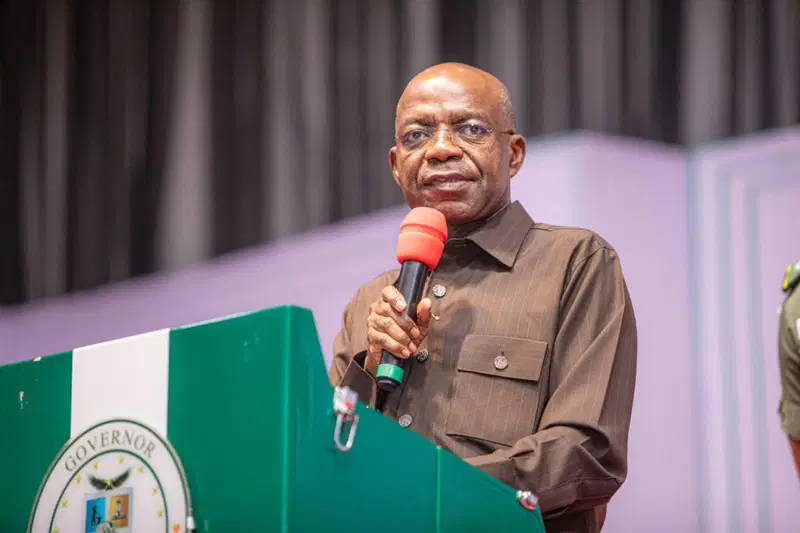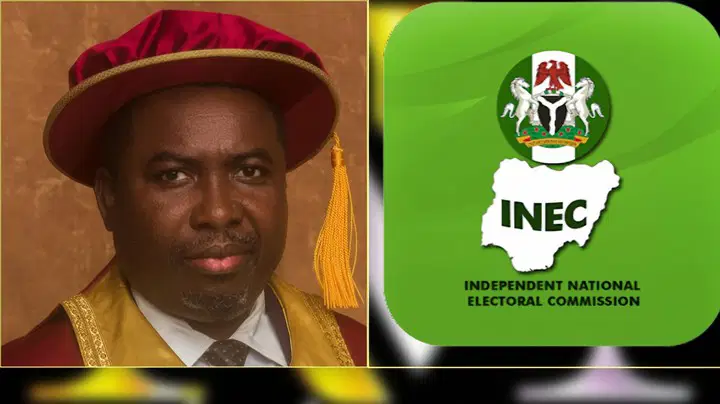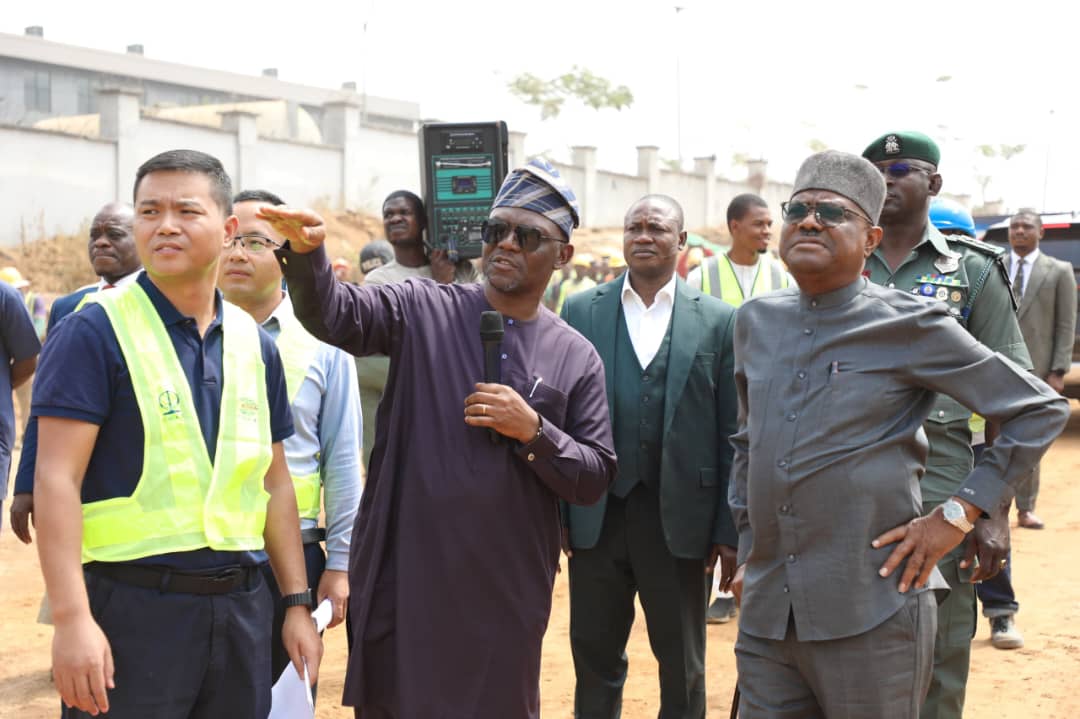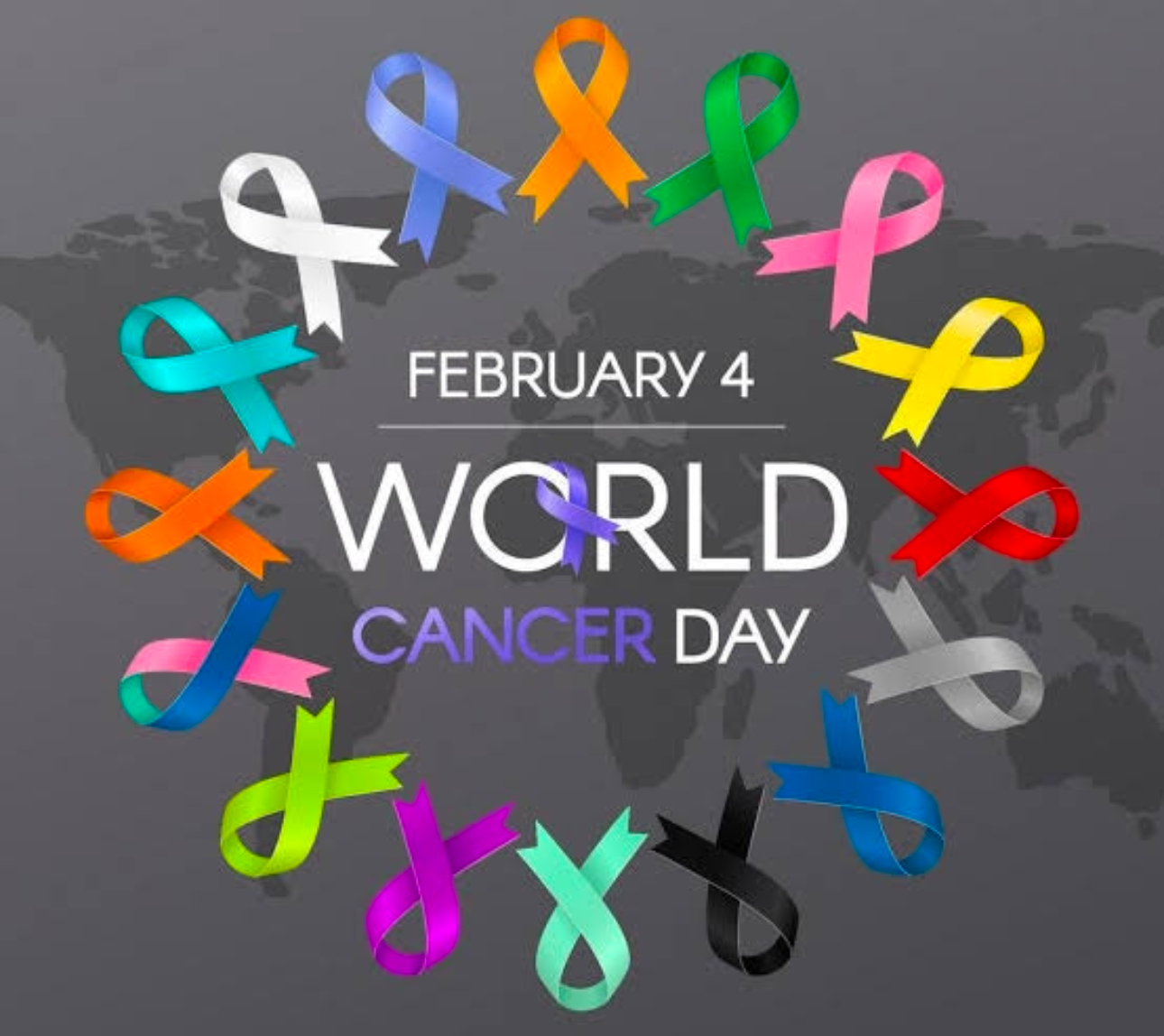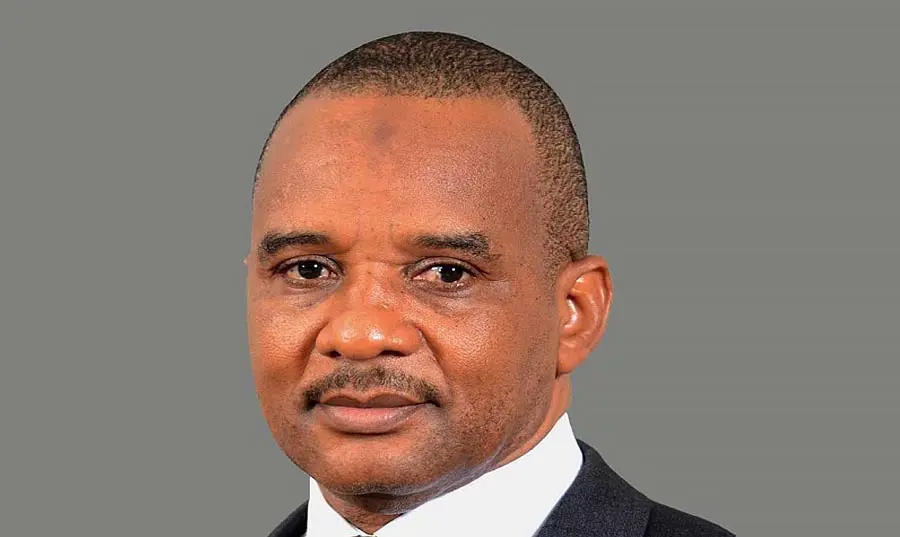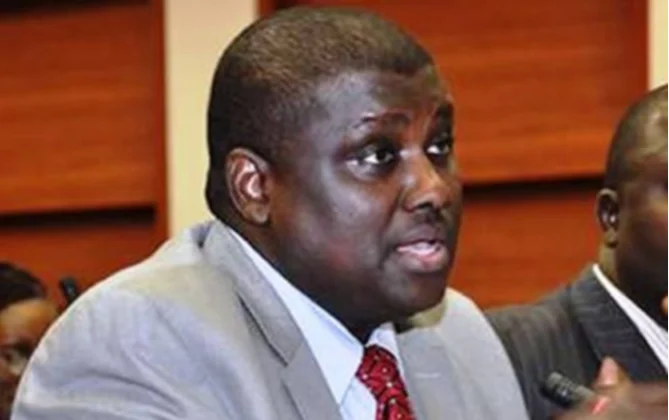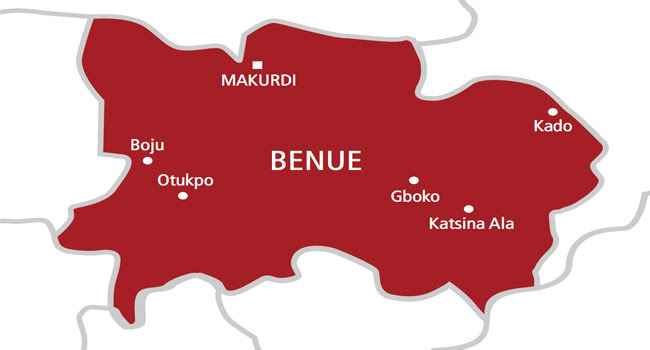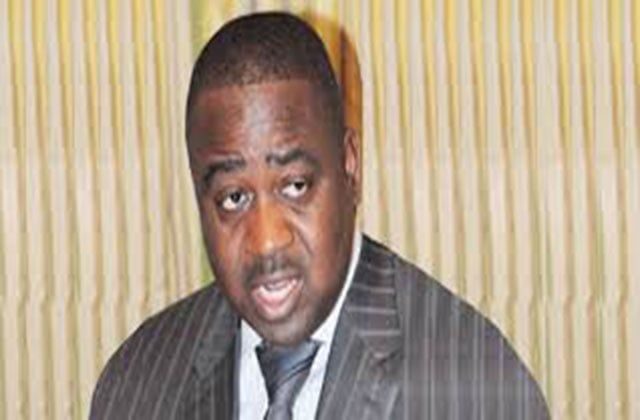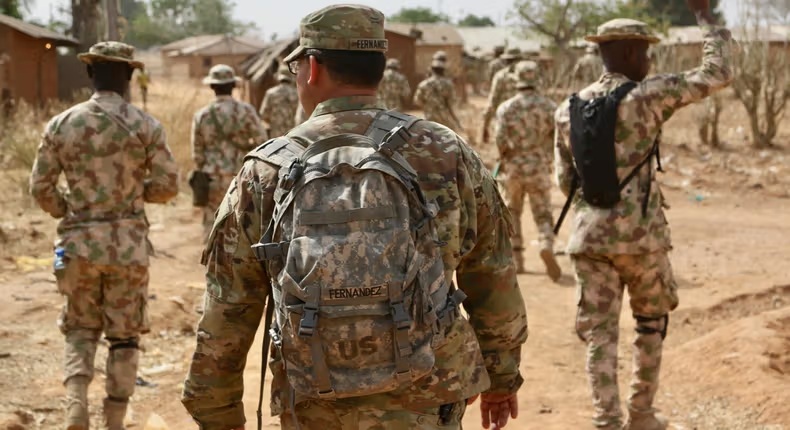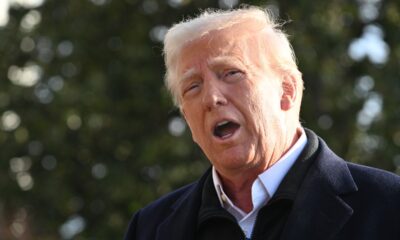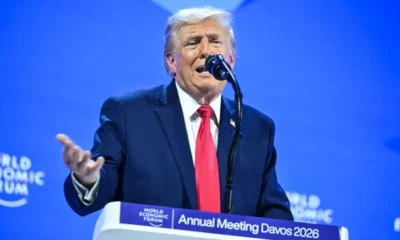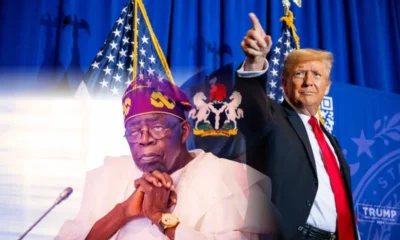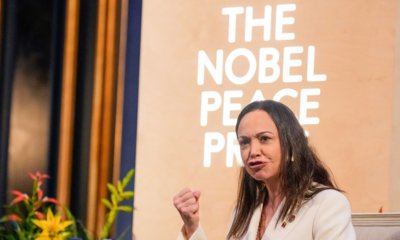World News
Alleged Christian Killings: Trump redesignates Nigeria as ‘Country of Particular Concern’
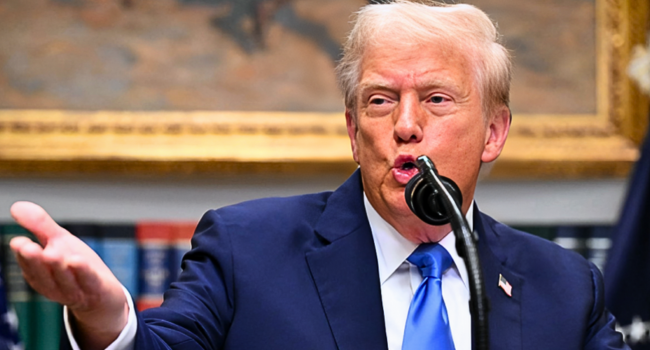
United States President Donald Trump has redesignated Nigeria as a “Country of Particular Concern” over alleged killings of Christians.
In a post shared on his Truth Social platform on Friday, Trump said Christianity was facing an existential threat in Nigeria, describing the situation as a “mass slaughter” allegedly carried out by radical Islamists.
“Christianity is facing an existential threat in Nigeria. Thousands of Christians are being killed. Radical Islamists are responsible for this mass slaughter,” Trump wrote.
The former U.S. president said America “cannot stand by while such atrocities are happening” and announced he had directed Congressman Riley Moore and House Appropriations Chairman Tom Cole to investigate the situation.
“I am hereby making Nigeria a ‘Country of Particular Concern.’ But that is the least of it. When Christians, or any such group, are slaughtered like is happening in Nigeria (3,100 versus 4,476 worldwide), something must be done!” Trump declared. “The United States cannot stand by while such atrocities are happening in Nigeria and numerous other countries. We stand ready, willing, and able to save our great Christian population around the world!”
The Nigerian government, however, rejected what it described as false and divisive claims of genocide against Christians. Minister of Information and National Orientation, Mohammed Idris, said it was misleading to portray Nigeria’s security challenges as a religious conflict, stressing that both Christians and Muslims had been victims of terrorism.
“Portraying Nigeria’s security challenges as a targeted campaign against a single religious group is inaccurate and harmful,” he stated, adding that extremists had attacked citizens of all faiths. Idris revealed that between May 2023 and February 2025, over 13,500 terrorists were killed and nearly 10,000 hostages rescued by security forces, with several Boko Haram leaders captured and more than 700 convicted.
“These criminals target all who reject their murderous ideology, regardless of faith,” he added.
Earlier this month, Trump’s Senior Adviser on Arab and African Affairs, Massad Boulos, met with President Bola Tinubu in Abuja, where he dismissed the claims of a Christian genocide. “Those who know the terrain well know that terrorism has no colour, no religion, and no tribe,” Boulos said, adding that extremist groups like Boko Haram and ISIS had killed people of all faiths, often targeting Muslims more than Christians.
In response to international concerns, the Nigerian Senate on October 14 established a 12-member ad-hoc committee to study the allegations and present a fact-based report to guide the country’s diplomatic response. Senate President Godswill Akpabio said the findings must be backed with verifiable data and pledged to engage with the U.S. Congress to correct what he described as misleading narratives about Nigeria’s security challenges.
Meanwhile, the Christian Association of Nigeria (CAN) expressed concern over repeated attacks on Christian communities, urging the government to do more to protect citizens and ensure justice for victims. “Our concern remains that these cries for justice and protection are too often met with delay or denial,” CAN President, Archbishop Daniel Okoh, said.
He noted that the Association had documented several religiously motivated attacks, worked with international organisations, and appealed to the International Criminal Court (ICC) for intervention. “The pain of Christian families torn apart by violence must never be treated as mere statistics,” CAN said.
Minister Idris reaffirmed that freedom of religion was guaranteed under Nigeria’s Constitution and reminded observers that the country’s armed forces and police chiefs were both Christians.
He urged foreign commentators and media outlets to avoid sensationalism and support Nigeria’s ongoing efforts to combat terrorism and criminality.
-

 News2 days ago
News2 days agoIfunanya Nwangene: Choir narrates final hours of singer killed by Snake bite in Abuja
-
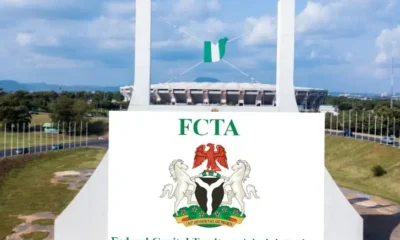
 News1 day ago
News1 day agoBREAKING: Labour, Wike reach agreement as FCTA Workers resume duties
-
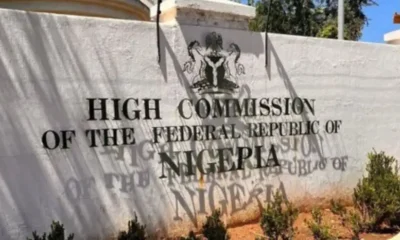
 News2 days ago
News2 days agoSouth Africa disconnects power supply to Nigerian High Commission over unpaid bills
-
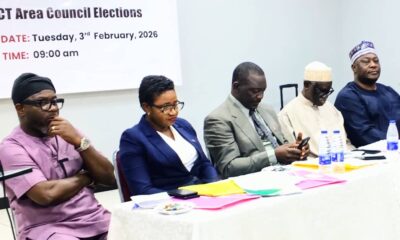
 News1 day ago
News1 day agoFCT Polls: NUJ FCT seeks credible coverage, asks security agencies to protect journalists
-
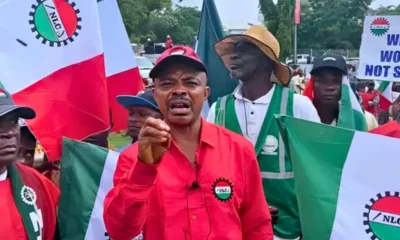
 News2 days ago
News2 days agoNational Industrial Court restrains NLC, TUC from protest in FCT
-

 Sports2 days ago
Sports2 days agoCristiano Ronaldo reportedly refuses to play amid Al Nassr frustrations
-
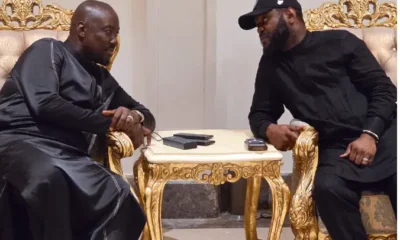
 Entertainment1 day ago
Entertainment1 day agoSeyi Tinubu presents Obi Cubana with City Boy Movement appointment letter
-

 National News1 day ago
National News1 day agoFG raises alarm over rising diseases linked to Greenhouse Gas Emissions

